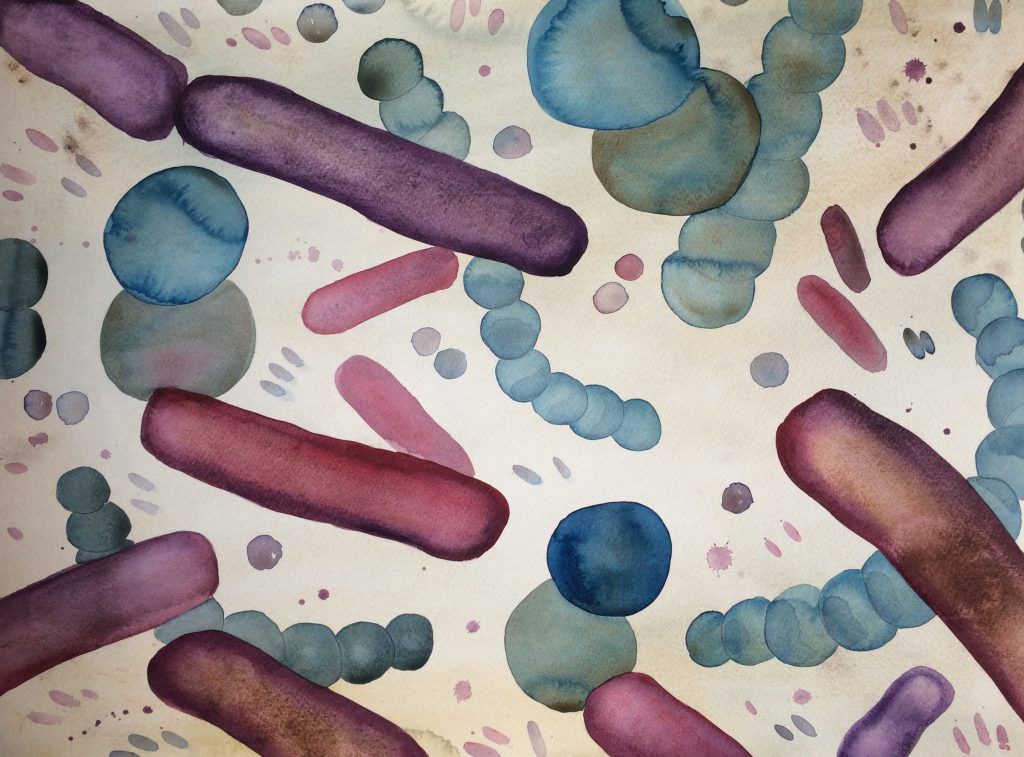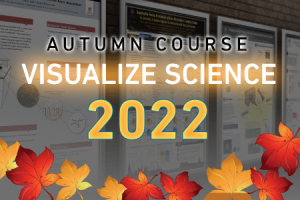Established in 2000, IVI’s International Vaccinology Course is one of the longest-running vaccinology courses in the Asia-Pacific region.
In order to celebrate IVI’s EU office opening in Stockholm, this year’s vaccinology course will be organized in a hybrid format having the participants hosted in Karolinska Institute (15-20 participants in Stockholm) and IVI HQ (115 participants in Seoul), the presentations will be lively broadcasted from both venues (i.e., Stockholm and Seoul).
This year’s five-day course highlights Breakthroughs in Vaccine Science and Technology, paying tribute to the remarkable strides in vaccine innovation during the COVID-19 pandemic and how they’ve changed the landscape and future of vaccine development.
The course is a combination of lectures, and interactive case studies, presented and facilitated by experts from academia, industry, government, and non-governmental organizations.
From “refresher” lectures to applied topics in vaccine discovery, development, and delivery, the course provides a comprehensive overview of vaccinology with a focus on practicality
Read more: https://www.ivi.int/international-vaccinology-course-2022/
How to register for the course (due by Sept 12, 2022):
Click the link and register now: https://forms.gle/QDESUcWgTfaWAATQA
Course Venue: To be informed later.
Course Fee: Free of charge (Light Breakfast, lunch, and FIKA will be served during all 5 days).
Also Don’t miss out on the ‘Welcome Dinner’ on Day2 (Sep 27)
Questions?
Ms. Sujin Hwang, IVI Vaccinology Course Secretariat
Email: IVC_1@ivi.int


